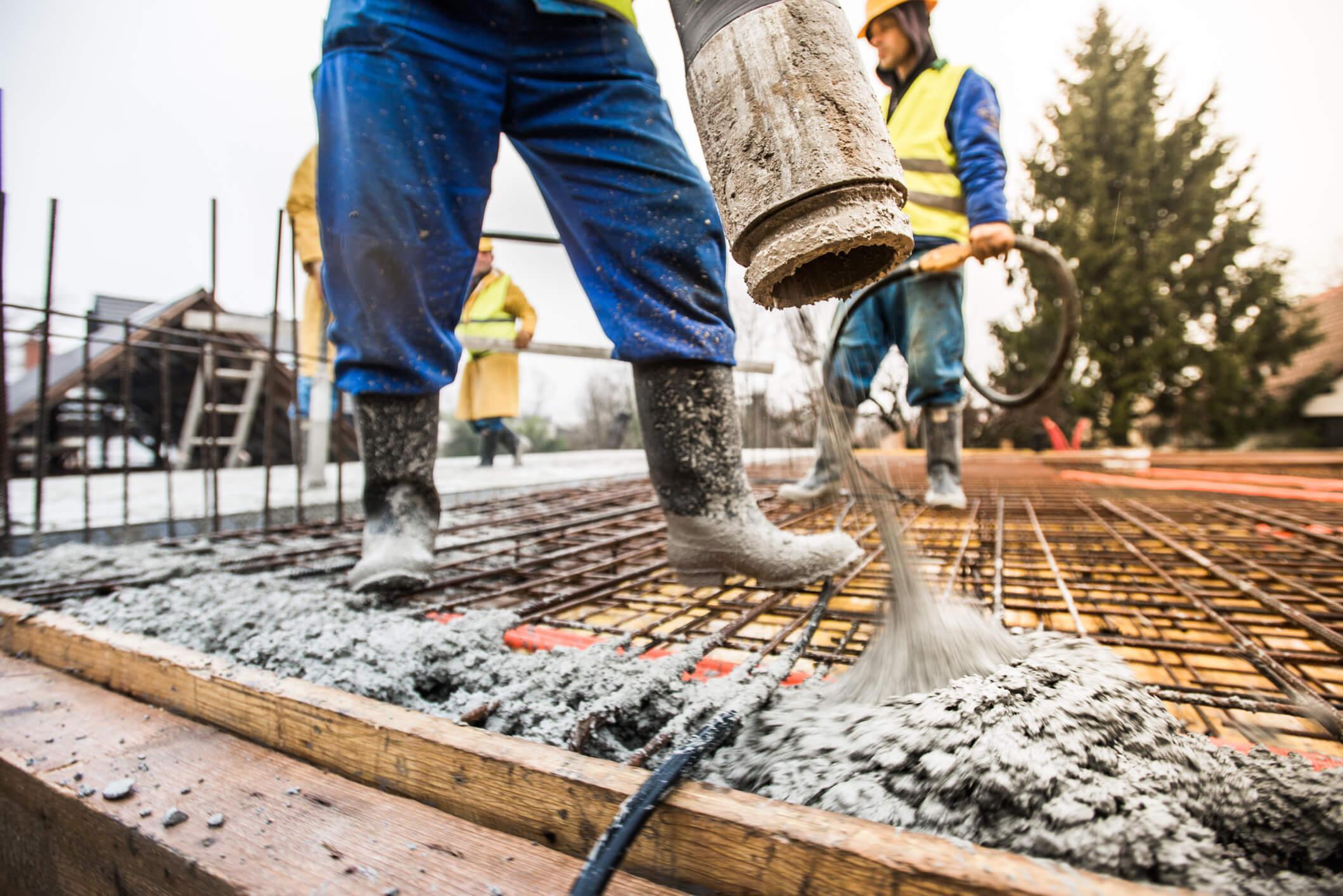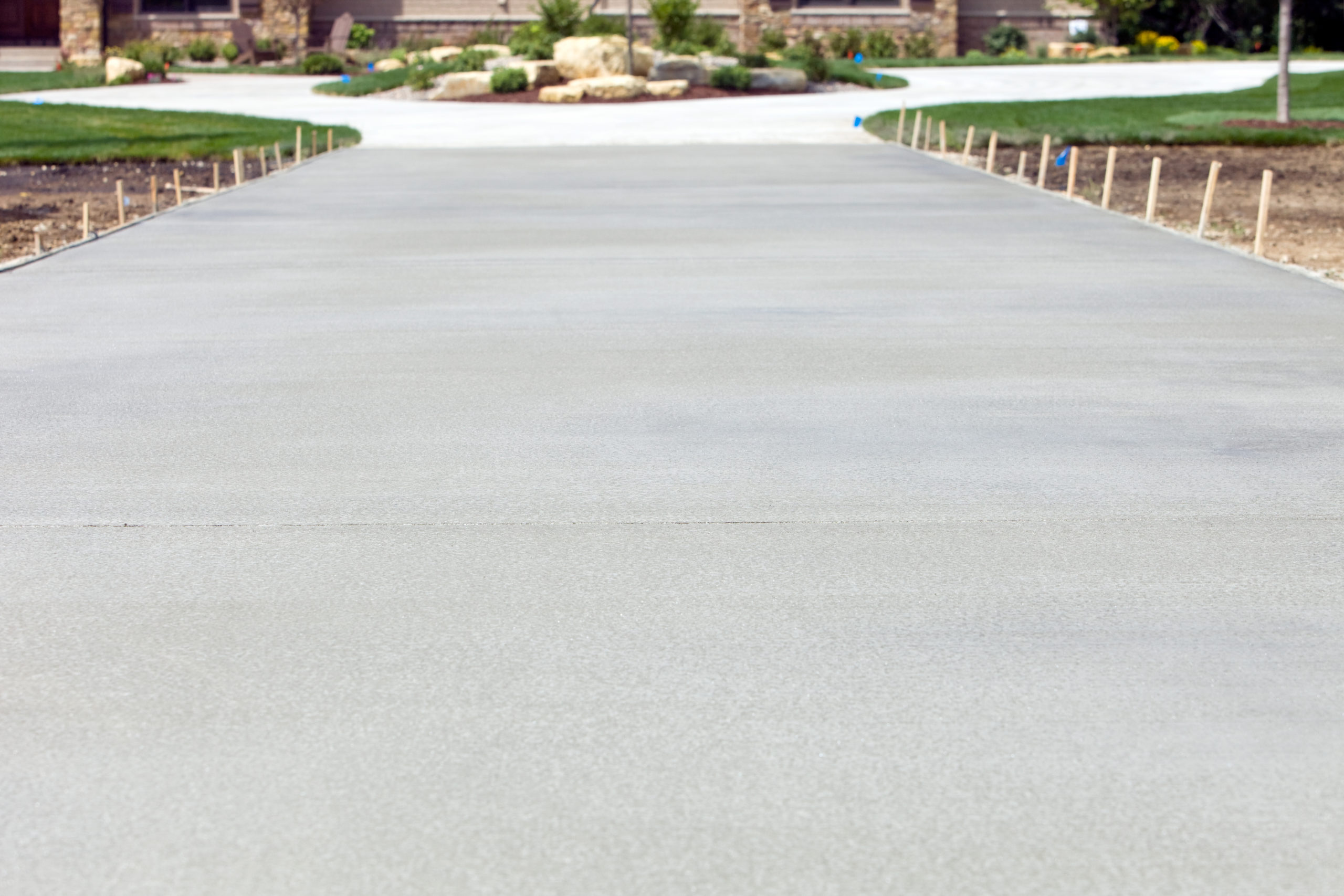Concrete Fixing and Upkeep: Maintain Your Frameworks Solid and Durable
Introducing the Eco-Friendly Advantages of Using Recycled Concrete in Lasting Building And Construction Practices
In the realm of lasting building and construction methods, the use of recycled concrete stands as a pivotal yet often underestimated source. Beyond its standard applications, recycled concrete deals a myriad of green advantages that extend far past the boundaries of traditional construction products. From lowering ecological influence to improving cost-efficiency, the implications of incorporating recycled concrete in sustainable building methods are significant. This functional material not just addresses pushing ecological worries but also offers a sensible option to the difficulties dealt with by the building and construction industry at huge.
Environmental Benefits
By integrating recycled concrete right into building techniques, there is a substantial reduction in the demand for brand-new raw materials, leading to conservation of natural sources. Additionally, the use of recycled concrete decreases the amount of waste being sent to landfills, consequently decreasing ecological air pollution and relieving the stress on land fill capabilities (Concrete).

In contrast, recycled concrete has a lower carbon footprint as it reduces the need for new concrete manufacturing. Generally, the environmental benefits of making use of recycled concrete are considerable and play a vital function in promoting eco-friendly building and construction techniques.
Cost-Efficiency
Accomplishing cost-efficiency is an extremely important factor to consider when analyzing the usage of recycled concrete in building jobs. One of the crucial benefits of utilizing recycled concrete is its cost-effectiveness compared to conventional concrete.
Additionally, making use of recycled concrete can result in financial savings in landfill expenses by drawing away concrete waste from disposal sites. This not only reduces the environmental impact however likewise gets rid of the expenses connected with waste elimination. Furthermore, the longevity and efficiency of recycled concrete approach standard concrete, ensuring that expense financial savings do not endanger the top quality of the building and construction.
Longevity and Stamina
Recycled concrete offers comparable, if not premium, toughness and strength buildings to conventional concrete - Concrete. Through developments in processing methods and high quality control, recycled concrete can meet or surpass the performance requirements of conventional concrete.

Waste Decrease
When it comes to using recycled concrete, waste reduction is a key advantage that contributes considerably to ecological preservation. By including recycled concrete into building and construction projects, this waste is repurposed and drawn away from land fills, minimizing the total ecological effect of construction activities.
Furthermore, the usage of recycled concrete can lead to cost savings for building tasks, as it is frequently extra cost effective More Info than sourcing and transporting brand-new materials - Concrete. In verdict, waste decrease via the usage of recycled concrete is a crucial part of sustainable construction practices that benefits both the environment and the building sector as a whole.
Power Preservation
When it comes to utilizing recycled concrete in building, substantial energy financial savings are achieved contrasted to conventional concrete manufacturing. The process of generating recycled concrete involves reusing and crushing existing concrete materials, which consumes much less power than mining, handling, and delivering raw materials for new concrete production.
Verdict
To conclude, the utilization of recycled concrete in sustainable building and construction techniques offers numerous environmental advantages, cost-efficiency, longevity, strength, waste reduction, and power preservation. By incorporating recycled concrete into construction jobs, we can add to a much more sustainable and eco pleasant future. It is vital for the building and construction sector her explanation to prioritize the usage of recycled products to help in reducing the environmental influence of building and construction activities.
One of the key advantages of my sources utilizing recycled concrete is its cost-effectiveness compared to typical concrete.Additionally, the use of recycled concrete can lead to cost savings in landfill prices by diverting concrete waste from disposal sites. The sturdiness and efficiency of recycled concrete are comparable to conventional concrete, ensuring that expense savings do not compromise the quality of the construction.
